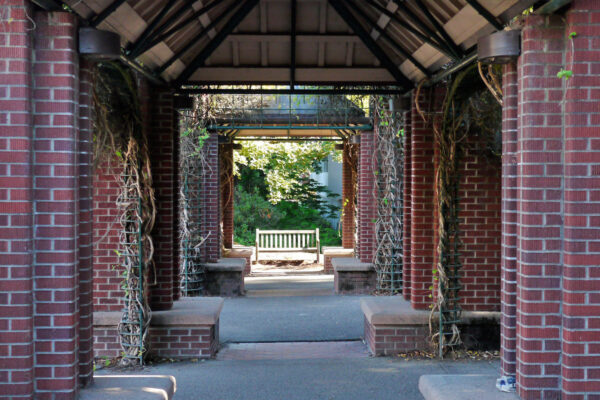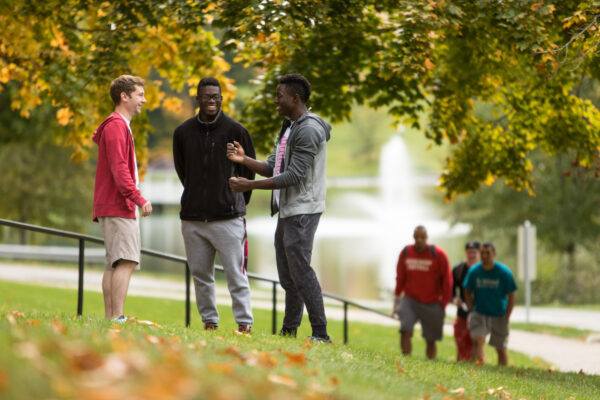Intercollegiate Athletics and Academic Integrity: The Importance of Ensuring a Culture of Integrity
By Jon Riskind
The panelists at Monday morning’s ACE2017 session on intercollegiate athletics and academic integrity all came at the topic from different roles and professional backgrounds at their respective higher education institutions.
But they all emphasized the importance of ensuring a culture of integrity in intercollegiate athletics—across all levels of competition—and providing student-athletes with every opportunity to be students first and foremost.
The primacy of the academic enterprise and the need for balance and clarity was the shared perspective of the ACE Roundtable held last April, a convening of nearly three dozen higher education leaders including presidents, provosts, faculty athletics representatives and athletic directors. The results of that roundtable were summarized in a report released last December, The Student-Athlete, Academic Integrity and Intercollegiate Athletics.
Session moderator John J. DeGioia, president of Georgetown University (DC) and co-chair of the roundtable with ACE President Molly Corbett Broad, said the report offers a series of best practices that while not prescriptive, are recommendations he hopes will be used by presidents and chancellors, particularly those who come to their posts without a background in overseeing athletics.
Intercollegiate athletics can be an enormously positive experience for student-athletes but can also “present a unique set of challenges for campus leaders,” said DeGioia, who serves as the chair of the NCAA’s D1 Committee on Academics and is a member of the Knight Commission on Intercollegiate Athletics.
Panelist Chris Howard, president of Robert Morris University (PA) and like all the panelists an ACE Roundtable participant, had succinct advice for new presidents without experience in athletics: Get ready.
“It all comes back to this culture of integrity. What do you believe in? You need to figure that out before you are in a tough situation,” Howard said “Create your thou shalls and thou shall nots before you show up.”
Howard graduated from the Air Force Academy, where he played Division 1 football and received the Campbell Trophy, the highest academic award in the country presented to a senior football player. He then went on to become a Rhodes Scholar. Howard also served as the president of Hampden-Sydney College (VA) and serves on the Knight Commission.
Christine Copper, the faculty athletics representative (FAR) at the U.S. Naval Academy, said that FARs are the “eyes and ears of a president” in the area of athletics. That way, “you will notice something before they (the president) have the time or ability to notice it.”
In addition to serving in a watchdog role, she said FARs need to support coaches and other athletics personnel and help make sure that student-athletes are integrated into the campus and their academic program and participate in things beyond their sport.
Copper is in her 22nd year in the chemistry department at Navy and is the only FAR on the NCAA D1 Board of Directors. She also has served as the president of the NCAA’s Faculty Athletics Representative Association.
Kevin Anderson, athletics director at the University of Maryland, College Park, has helped his institution pioneer “The Maryland Way Guarantee,” becoming one of the first D1 institutions to offer a lifetime degree guarantee for student-athletes in all sports.
Anderson said the “key to what we do is engagement with the student-athletes.” If he or other athletics department staff encounter student-athletes in the hallways, they make sure to ask about their classes and their lives on campus—leaving the subject of their sport on the sidelines for when they are on the field with their coaches.
“Once they know you care you will get the most out of them,” Anderson said. “I think we are getting it right. The message is clear and the stress is on the importance of the academic enterprise.”
If you have any questions or comments about this blog post, please contact us.


